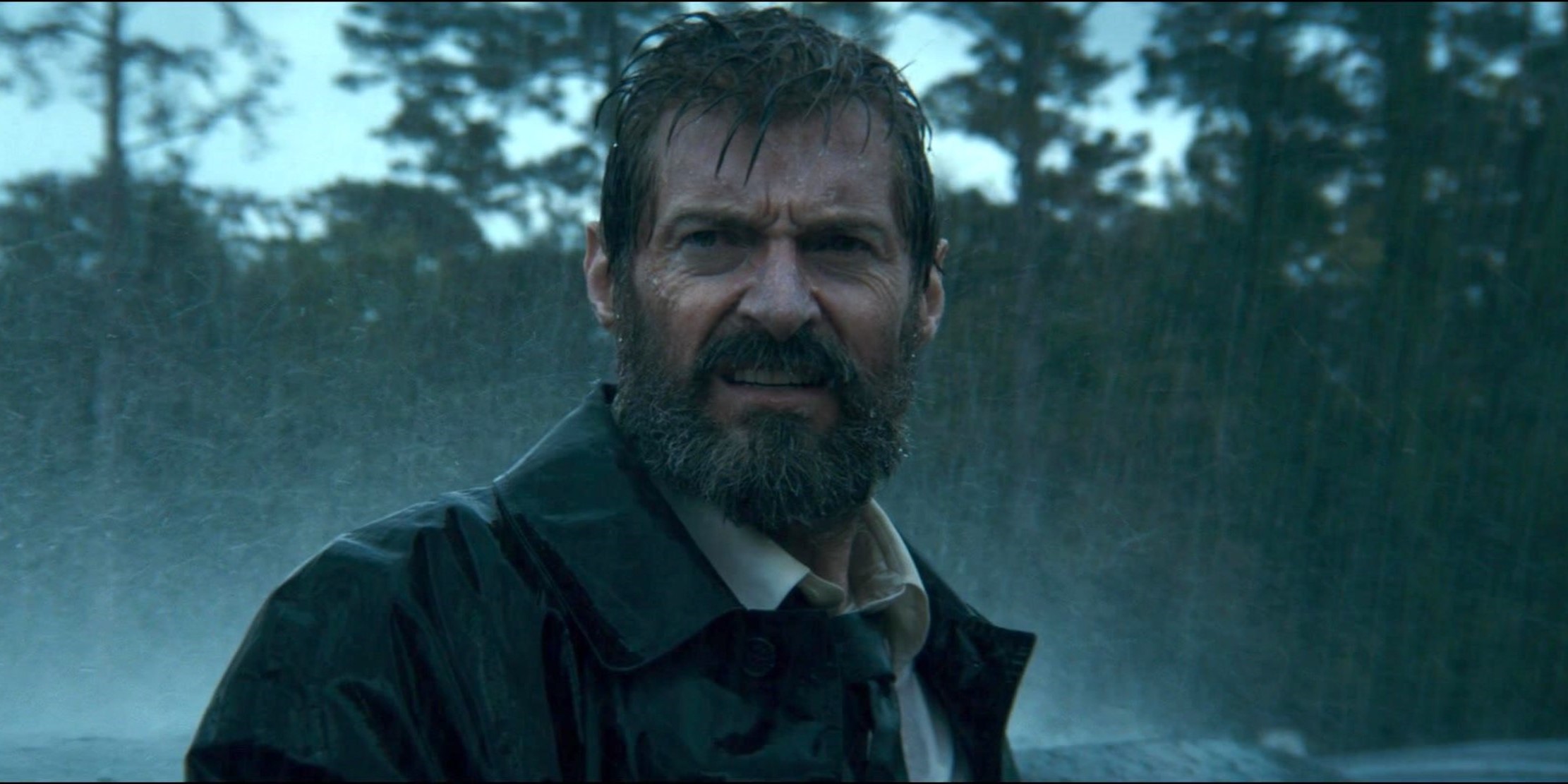- Joined
- Mar 9, 2007
- Messages
- 6,314
Is the Brian Blessed book read by Blessed? Dunno if I could take a bookful
Yes it is. And it does need readinv in bite-sized chunks.

Is the Brian Blessed book read by Blessed? Dunno if I could take a bookful
I found it hard going but ultimately rewarding. An acknowledged influence on Iain Banks' work, not so sure about Murakami who I would describe as Japanese magical realism whilst I view Lanark as surreal fantasy, possibly early urban fantasy.After reading Monica Byrne's "The Actual Star", quite a long book (600ish pages) earlier this month (well worth a read), I felt confident to restart Alasdair Gray's"Lanark" which I abandoned several years ago. It is very good and also very interesting for the quite obvious influence it must have had on Iain Banks ("The Bridge", "Walking On Glass") and also maybe on Murakami?
The illustrations and design/layout are beautiful, as they are in all of Gray's books.

I've been mostly read some short fiction recently but I did finish a couple of novels.
Starter Villain by John Scalzi was fun, but without much in the way of depth. The premise of an ordinary down-on-his-luck man whose unexpected inheritance from his rich and eccentric uncle is leadership of a multinational criminal organisation is entertaining. It does have funny scenes in it, I particularly liked the foul-mouthed Marxist dolphins and the rival elderly supervillains trying to navigate a Zoom call. However, I think it could have done more with the premise and the human characters were a bit bland, they all seemed to talk like they were in one of those superhero TV shows where everyone has a quip for every situation.
I couldn't resist such a premise - downloaded and I'm currently reading it!Three Bags Full by Leonie Swann (Glenkill in German).
A murder mystery in which the amateur sleuths are a flock of sheep. Rather amusing.
I hope you enjoy it. There is a movie planned which should be interesting if they use live sheepI couldn't resist such a premise - downloaded and I'm currently reading it!

 thecinemaholic.com
thecinemaholic.com
Finished this. The first three parts, The Rhinegold, The Valkyrie, and Siegfried, I knew the bare bones of before, but it was good to have them fleshed out, considering the tale is part of the rootstock of modern fantasy. The translated libretto is an enjoyable read, the story feels truly mythic, and its influence on Tolkien is obvious. The last part, Twilight of the Gods, is by far the weakest for me, relying as it does on tawdry magical machinations and everyone losing their temper. Though I guess that might be the point: the epic primal forces give way to soap opera and a fire at the Queen Vic.I've got my paws on an original copy of the two-part 1910 translation (by Margaret Armour) of Wagner's Ring Cycle, with illustrations by Arthur Rackham. So far, a dwarf is trying it on with some water-nymphs who are way above his level. I'm hoping things will get more exciting when the gods and dragons show up.
| Thread starter | Similar threads | Forum | Replies | Date |
|---|---|---|---|---|
|
|
July Reading Thread | Book Discussion | 193 | |
|
|
July 2022 Reading Thread | Book Discussion | 187 | |
|
|
July 2020 Reading Thread | Book Discussion | 254 | |
|
|
July 2019: Reading Thread | Book Discussion | 163 | |
|
|
July 2018: Reading Thread | Book Discussion | 156 |
